Data rooms are a common feature in M&A and other business operations like a capital-raising round or an initial public offering (IPO). They are highly efficient tools for sharing documents to facilitate secure and efficient data exchanges between different parties. They are more user-friendly than cloud storage apps or other file sharing tools, and offer superior features for security as well as privacy and collaboration.
Data room providers provide comprehensive logging and report functionality in addition to industry-leading encryption. This ensures that every action on the platform are tracked. This includes the access times and the document that was seen and how many times. The information is stored in multiple locations, and can be retrieved even after the files have been deleted. Other important security features of a virtual data room include dynamic watermarks for downloaded and printed files, permissions that are based on roles two-way syncing indexing, inactivity timeouts, and virus scanning.
Additional features that aid in efficient collaboration in a data room include an organized folder structure including search functions, various languages, and a comments section where users can post their queries to other members. This enables everyone in the team to communicate effectively and speeds up the process of making decisions. Additionally, data rooms allow for granular user restrictions/permissions and allow for the monitoring of all login activity by checking IP, device and location to prevent unauthorized data access. Additionally, they are an ideal tool to safeguard intellectual property because they can help stop the leakage of sensitive information through the process of negotiating by incorporating features like watermarking, download restrictions and the ability to prevent screenshots.
